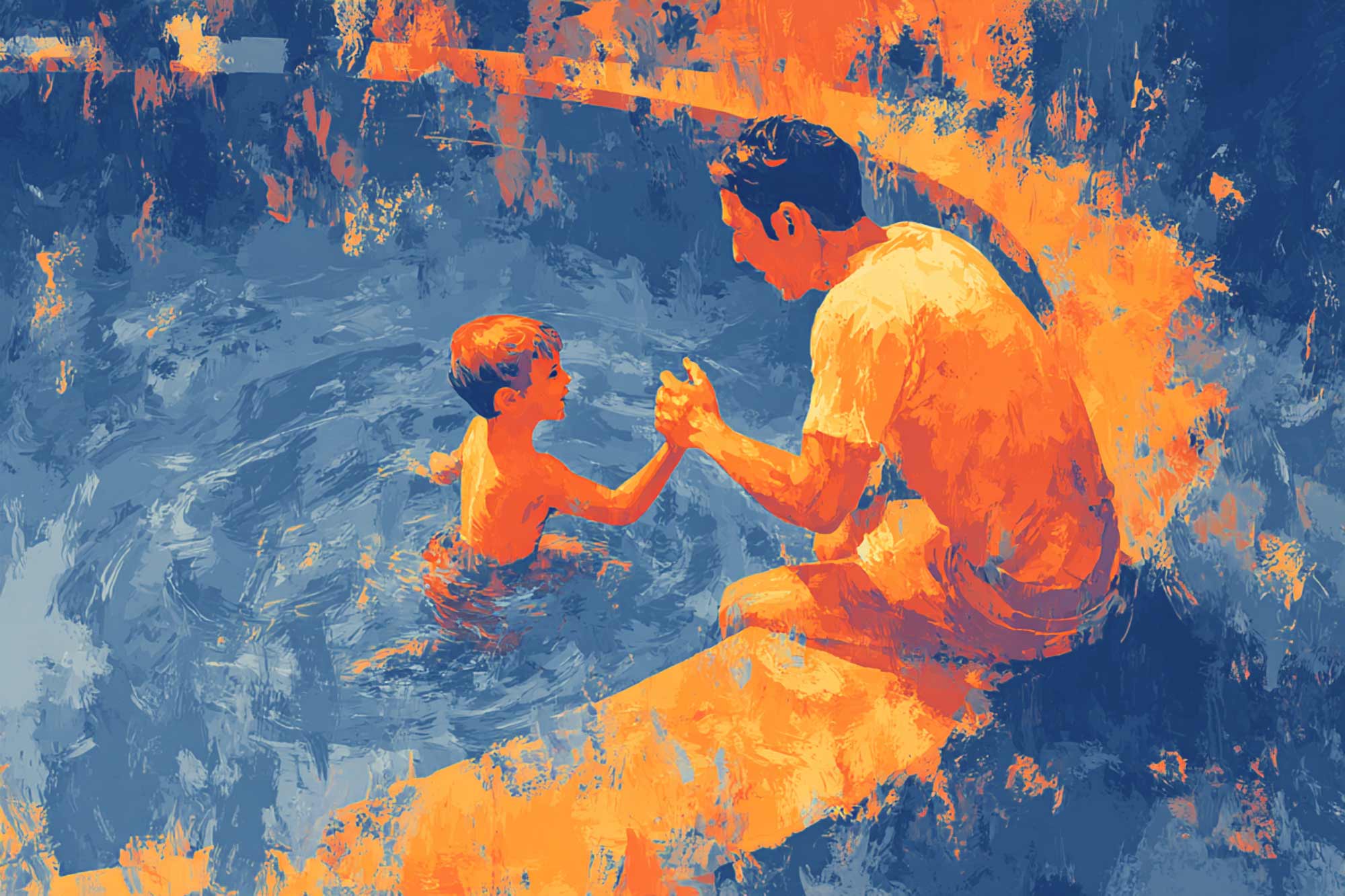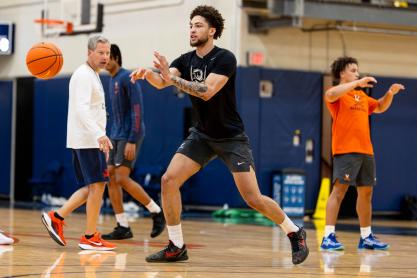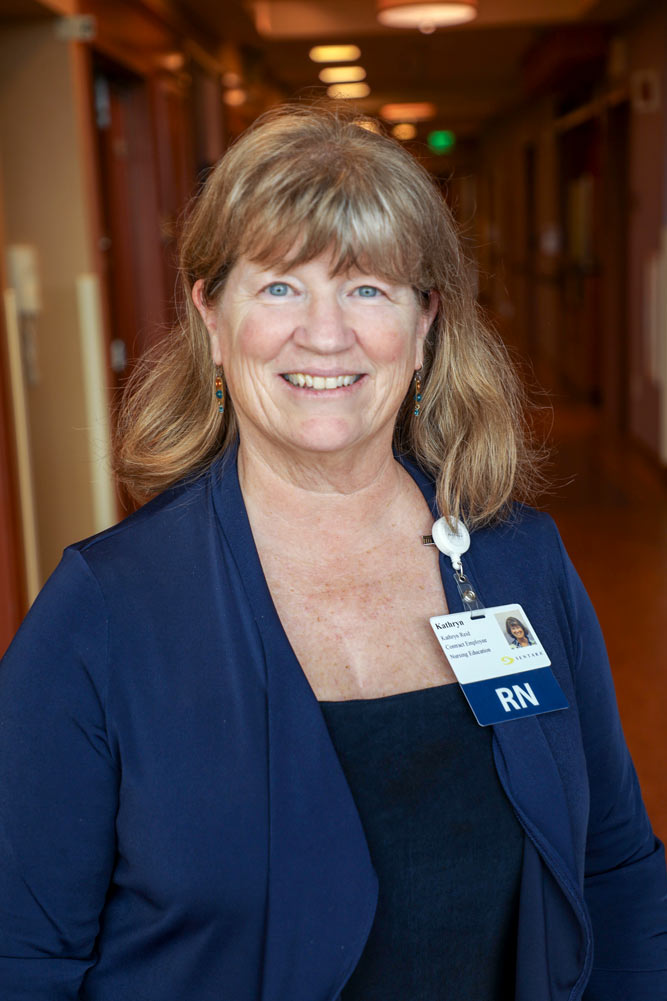Before you throw on your swimsuit, fire up the grill or set out on that hike, make sure you know how to keep yourself – and others – safe and healthy this summer.
UVA Today talked to University of Virginia School of Nursing associate professor Kathryn Reid for her advice on how to avoid and treat everything from sun blisters to bug bites.
Beware the heat

It’s natural to spend more time outside during the summer, whether lounging by the pool or going on a camping trip. As summers get hotter, Reid recommends people be more cautious.
“Excessive heat is the leading cause of weather-related illness in the United States, so when we talk about health risks, a lot of it is about making sure that people are staying cool,” Reid, a family nurse practitioner, said.
When temperatures rise, it’s even more important to drink water and avoid alcohol, caffeine and sugary beverages like sodas and slushies. Fresh fruits and vegetables can also help you stay hydrated.
Keep your ears clear

The best way to avoid swimmer’s ear after a beach trip or a day at the pool is to make sure your ears are dry.
Reid said infections like swimmer’s ear tend to develop when water gets trapped in someone’s ear, creating a “medium for infection.” You can wear earplugs or even buy custom-fitted ear molds.
Watch the air quality

When you check the temperature in the morning on your phone’s weather app, scroll a little farther down to see the air quality index, Reid suggests.
“Hotter temperatures can actually worsen air pollution,” Reid said.
In recent years, smoke from wildfires has spread across the United States, making the air unhealthy to breathe. People with asthma, COPD and other respiratory conditions should be mindful of the air quality index so they don’t exacerbate their respiratory issues.
Take swim lessons

Many Virginians like to take advantage of the commonwealth’s beautiful lakes, rivers and coast. Watersports and swimming can be a great way to exercise and enjoy the outdoors, but Reid said people should take precautions before they jump in the water.
“All kids and adults should know the basics of how to swim,” Reid said.







.jpg)





